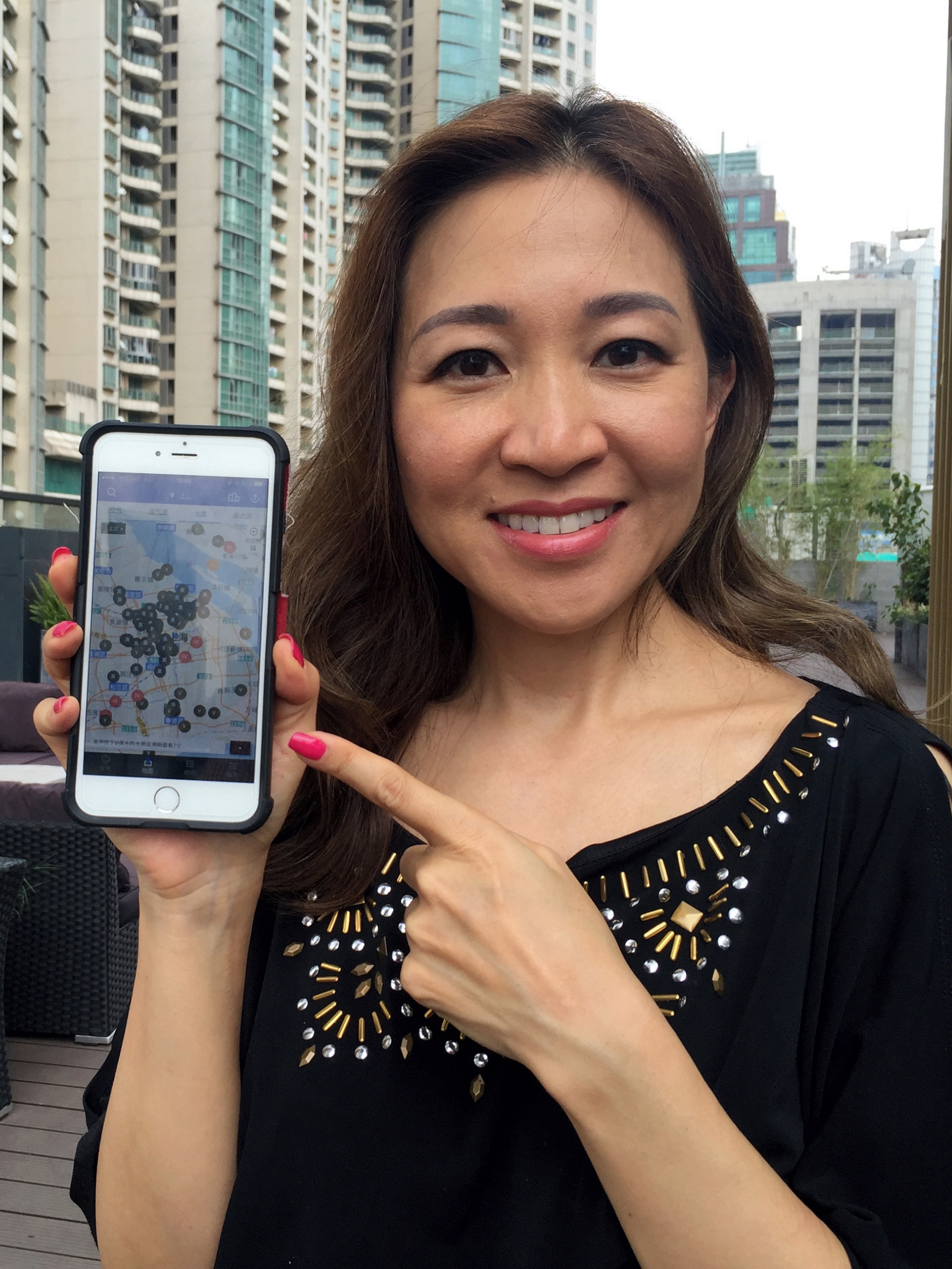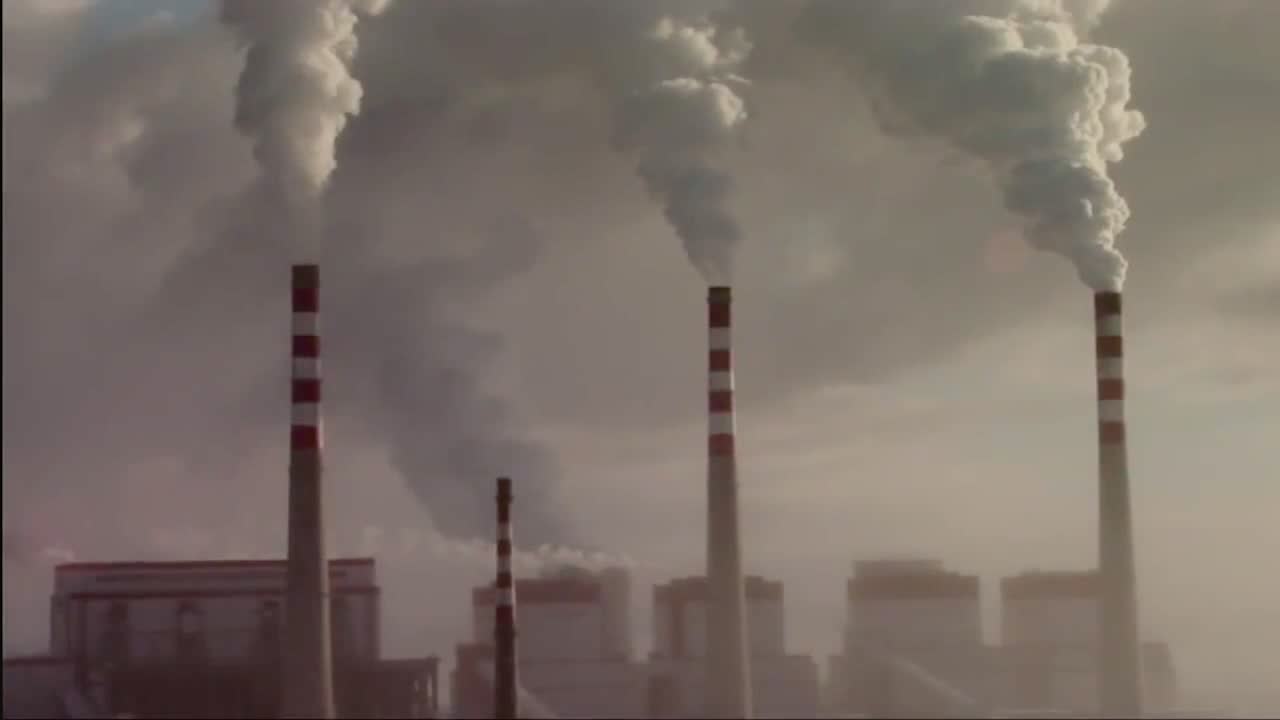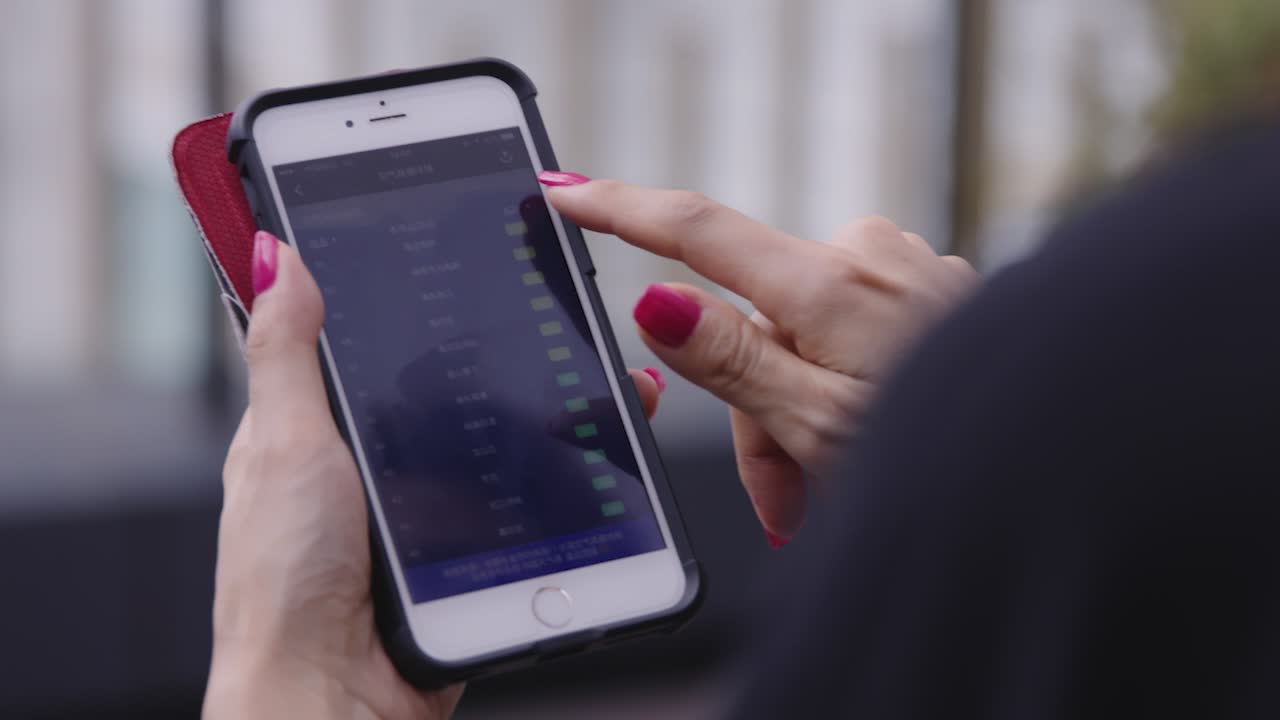
Newsletter
Sign up and stay in-the-know about The Crowd & The Cloud and the world of citizen science.


My name is Peggy Liu, I’m the chairperson of an organization called JUCCCE, or the Joint US-China Collaboration on Clean Energy. I’ve been an environmentalist since 2006 trying to help China go green.
What are JUCCCE’s current goals?
JUCCCE was established in 2007 to help China combat climate change. Two of our most active programs today are, first, helping to build sustainable cities, green cities that use less energy, emit less pollution and use less water. The second is teaching kids across China how to eat, in a way that’s good for them and also good for the planet. Surprisingly, the reason why we’re working on food as an environmental organization is because food is the single largest source of greenhouse gas emissions. That might be a very surprising statistic, but it’s up to 30% of greenhouse gas emissions. It’s mostly because of the meat that we eat, the food that we waste, and the trees that we’re cutting down in order to grow crops.
Sustainability is really about the balance between supply and demand. JUCCCE has worked on both sides. Supply is about clean energy, reducing the use of coal, building low carbon transport, and things like that. The demand side is about how we can change our lifestyles so we’re using less resources and living within the boundaries of our planet.

How did you get involved with Ma Jun’s work?
Ma Jun and I were recently at the Alibaba Philanthropy Conference in Beijing. He showed me his wonderful “Blue Map” app, which is something you could use everyday to look at air and water pollution. But most importantly, you, as ordinary citizen, can help the government identify key point sources of this type of pollution on one map.
It’s an amazing tool that is so necessary at this moment in Chinese history when we’re trying to go green, but we don’t know exactly where all the different sources of pollution are. That’s where the Blue Map app comes in. A lot of people outside of China may say, “China is just polluting. It’s the largest polluter in the world,” and “They don’t really care. They just want to make money. Their citizens just want to live the American dream, so they don’t really care about going green.” But, in actuality, Chinese citizens are the ones that are suffering every day. We breathe this blanket of smog every day. We drink the water that tastes funny, or maybe even looks yellow out of the tap. So we’re the most concerned about going green as fast as possible.
What does the Blue Map app help to achieve?
What’s interesting about China’s journey to go green is that we probably have had more policies and regulations created at a faster pace than any other country in the world. In 2015, they launched a new Environmental Protection Law which allows whistleblowers to actually get money, and encourages them to identify which point sources of emissions there are. It also allows NGOs and other organizations to sue these factories for too much pollution. For the first time in China’s history, if we can identify these point sources, we are encouraged to actually identify them and go out and prosecute. So, the Blue Map app allows us to do exactly that, to put a point on the map and say, “There might be a problem with this factory,” that’s putting too much pollution into the water or air.

In 2015, Friends of Nature and Fujian Green Home were the first NGOs to actually take a factory to court in Fujian province, and they won. The phenomenal thing about Ma Jun’s Blue Map app is it could be the home for all of these potential cases, and match that with other NGOs or other court systems, other people who have the intent to prosecute these polluting factories in their backyard. Without that platform, it would be very difficult.
Do you think China is making progress with pollution?
I was just at a roundtable with the UN Global Compact Executive Director, Lise Kingo, and she heard all these stories about Chinese companies. What they’re doing to make social progress, to help protect the environment, things like planting trees all over their campus and helping with the poor or helping treat their employees better. After this meeting, she said, “Wow, I’ve never been in a meeting where there’s so much positive intent, where there’s so much unanimous intention and determination to protect the environment, to grow in a responsible way.”
For me, when I travel all around the world and I talk to people in different countries, I get that feeling that people are very surprised when they actually learn about what China’s doing, about the pace and the determination of going green. If you look at any type of technology-whether it’s high speed rail, or measuring pollution, trying to rehabilitate the soil, any one of these technologies-the Chinese government is putting hundreds of billions of dollars into deploying them on the ground.
What, I think, the Westerners who are looking into China don’t see is that this is a journey. You can’t really take a look at China and judge it on a snapshot. China, in a very short period of time, maybe 50 years, has the possibility of going from the most polluting country in the world to the leading model of how to go green and how to grow in a green way. So, I think that is an amazing opportunity, not just for Chinese and Chinese companies, but for other companies around the world, other countries around the world, other people around the world to learn from.
Westerners often think that the Central Government is all powerful, and that if it passes environmental laws then things will change right away. Is that true?
I think a lot of people still think about China as old, dynastic China. They see Xi Jinping, our President, as being the Emperor who’s sitting in golden Beijing. “Whatever he says, everybody will do.” In reality, the way to think about how China works is actually more like a multi-national corporation. We have a business plan. It has numerical targets for pollution, types of pollution specifically, amounts of trees to actually replant, etc. Then each province has to split up this target into local targets, which is regulated by the provinces’ Environmental Protection Bureaus (EPBs). One of the things that the Environmental Protection Law does is it forces local EPBs to put more fines on local factories, and even jail administration officers for not doing their job.
Today, what’s interesting, and we have to see how this plays out, is how this will change the local enforcement and monitoring of local polluting factories. Action is all about incentives, making sure that we align incentives the right way, to encourage people to do the right thing. At a local level, China is trying to restructure itself so that people are really incentivized to clean up the air, water, and soil. For the first time, individuals can be paid up to RMB 5,000, which is about $1,000 US, each time they identify a company that is polluting too much.

Does social media play a role in China going green?
In China, we have a proverb: “Shan gao huangdi yuan”. “Shan gao,” means “mountain high,” and “huangdi yuan,” means “the emperor is far away.” This really means you’ve got national targets, but local cities are not going to pay much attention. This attitude is very different today, especially with social media. Today, with a platform like WeChat, which is our most prolific social media platform that has over 550 million active users each day, anybody can be a whistleblower on pollution. We tell other people about a factory that’s polluting, and say, “Hey, can you go check it out?” You can get people to act very quickly on WeChat.
All of this can immediately create unwanted exposure for companies, as well as cities. This creates a lot of consumer, grassroots level pressure on cities to act. That’s where Ma Jun’s Blue Map app comes in and enables all of this transparency, all of this awareness. All of these social media platforms have really revolutionized environmental enforcement and monitoring.
When the US consulate in Beijing started to monitor and post the air pollution numbers, every single day, the Chinese citizens started to get really worried, saying, “Hey, what’s happening? Has this always been the case and we just didn’t know about it?” Of course, Beijing didn’t like that at the beginning, but really that gave it a little, tiny push to do some amazing things in policy and investing in technologies to go green. What the Blue Map app does, is it combines government data, as well as user generated content on what’s happening with air and water pollution into one easy-to-use platform. And that will make a lot of NGO's works, local environmental courts works, much easier. This is really revolutionary, not just in China. I think if every country had this, they would benefit as well.
The great thing about social media is that it’s participatory, and environmental pollution is a multi-stakeholder problem. We can’t just have the government do all the work. We also need corporations to enforce (environmentalism) down through their supply chain. We need every single person to be a whistleblower. Social media is our secret weapon in the war against pollution in China.
